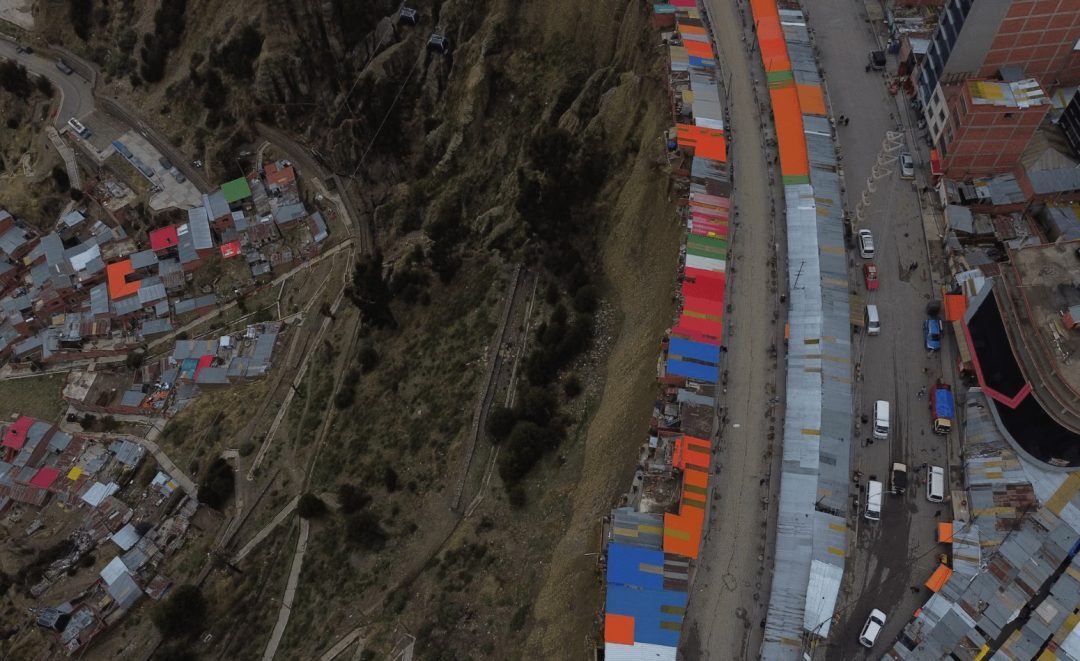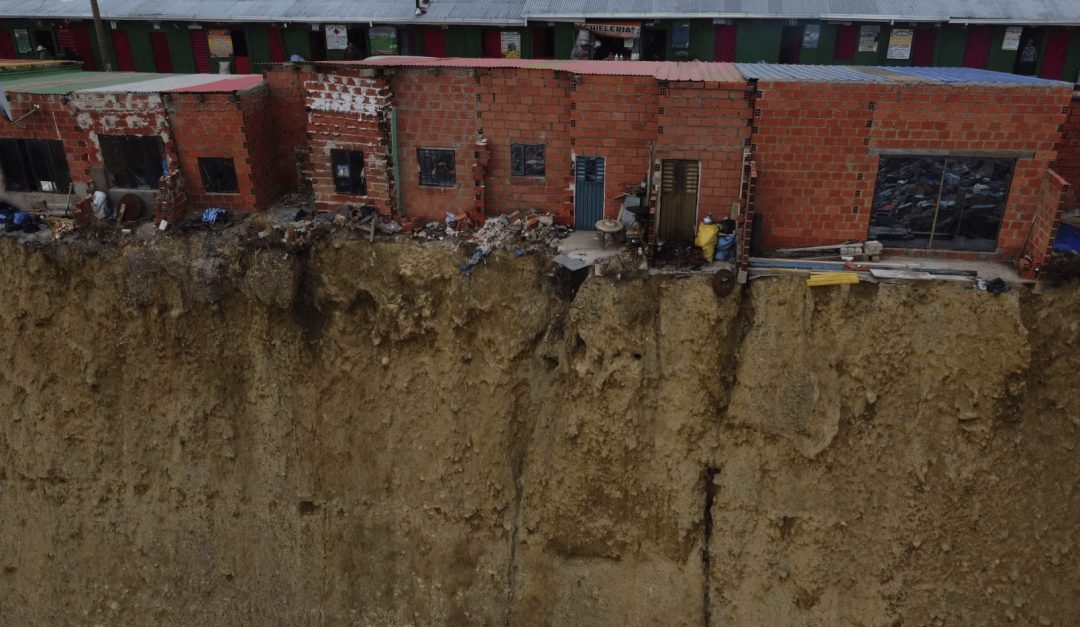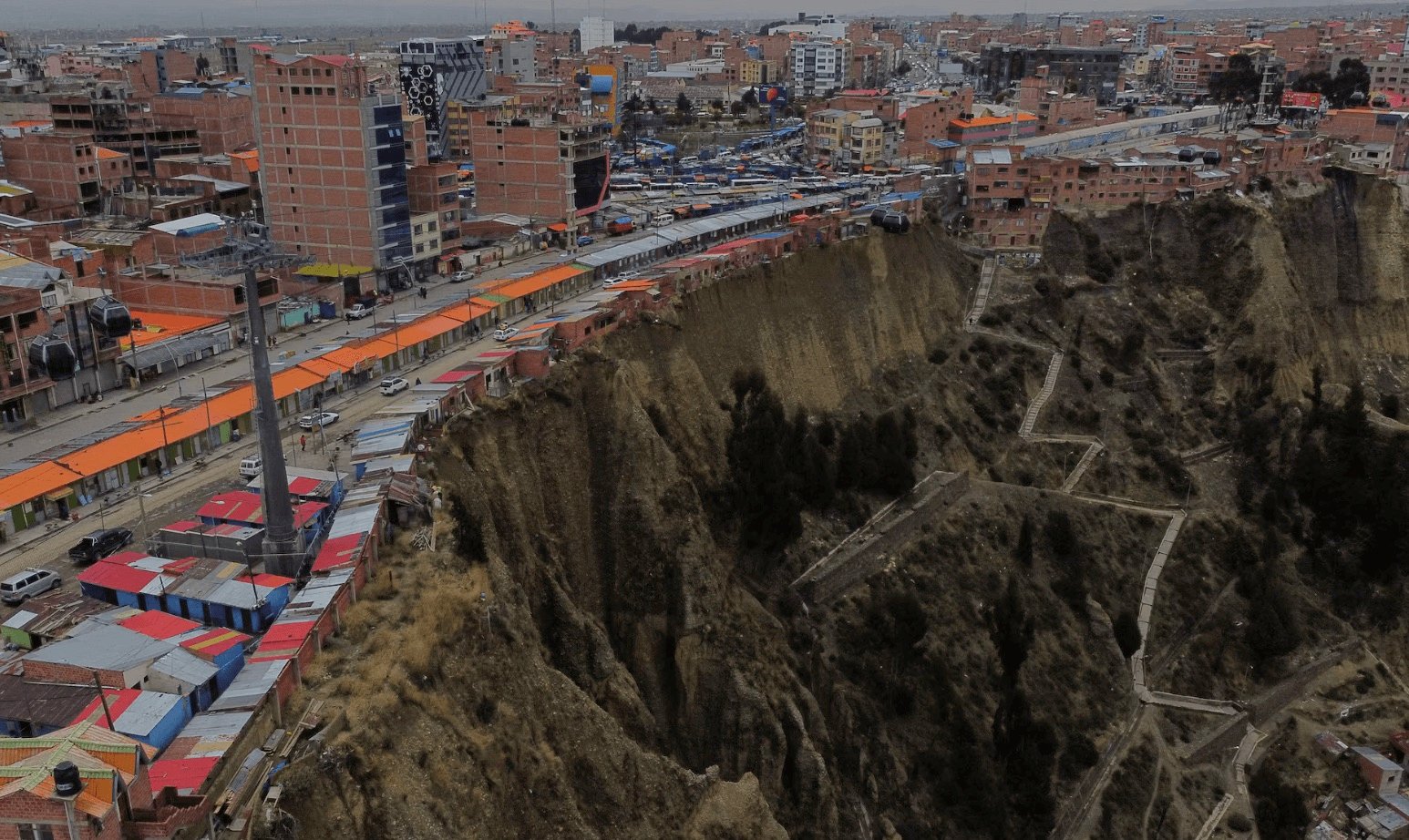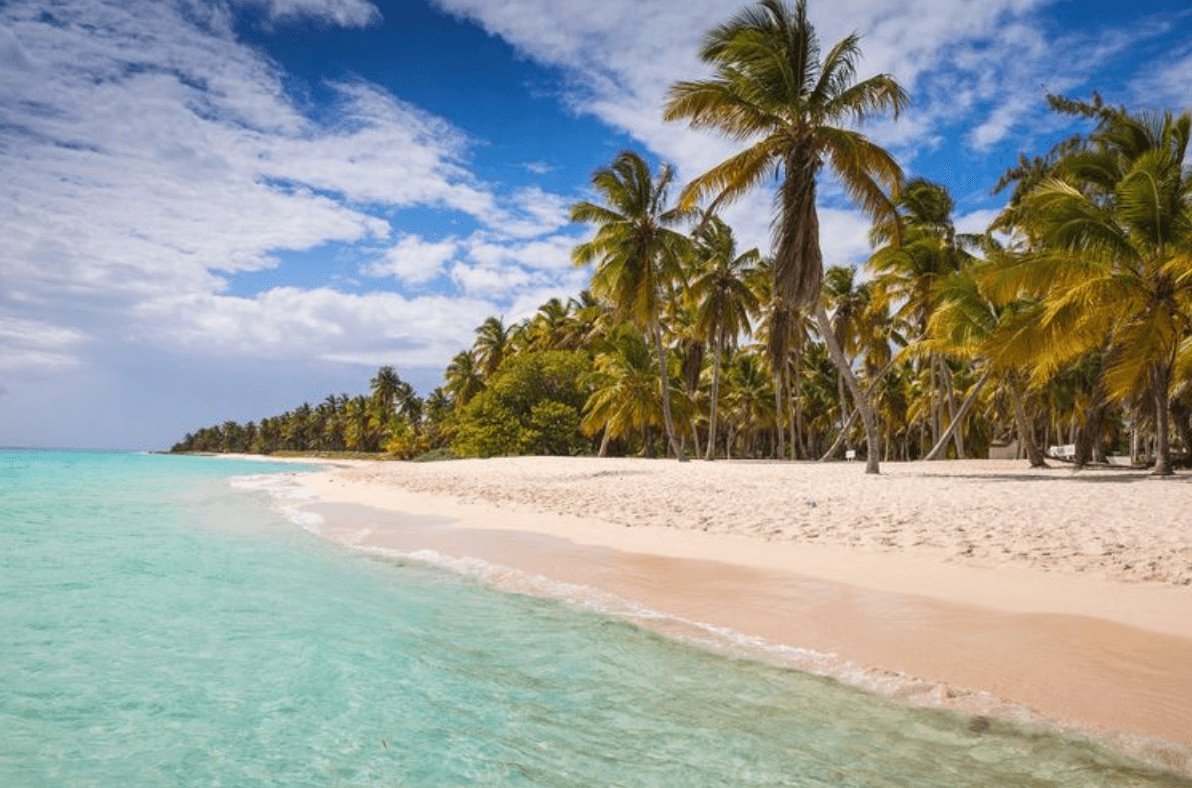In Bolivia’s highland city of El Alto, a row of fragile homes perched precariously on cliff edges—locally called “suicide homes”—faces a growing risk of collapse due to erosion and extreme weather exacerbated by climate change. These homes, often workplaces for Aymara shamans (yatiris) who make offerings to the Pachamama (Earth Mother), are built on unstable ground with sheer drops of hundreds of feet below.


Key Challenges:
- Erosion and Heavy Rains: The cliffs are eroding rapidly due to heavy rains, undermining the homes’ foundations and increasing the risk of collapse.
- Climate Change: Intensifying weather patterns are making the already treacherous Andean landscape more dangerous.
City officials, led by Gabriel Pari, are urging residents to relocate for their safety, with plans to enforce evacuations if necessary. “The precipice in this valley is 90 degrees,” Pari warned, emphasizing the danger.
The yatiris, like Manuel Mamani and Gabriel Lopez Chiva, are determined to stay, citing the cultural and spiritual significance of their homes. They believe offerings to Pachamama will stabilize the land. Mamani has pledged to manage rainwater to reduce erosion, while Lopez Chiva remains confident that rituals will protect the area.
El Alto and neighboring La Paz are known for their dramatic Andean landscapes, which pose unique challenges for infrastructure and safety. The region’s vulnerabilities highlight the urgent need for climate adaptation and sustainable land management.








0 Comments